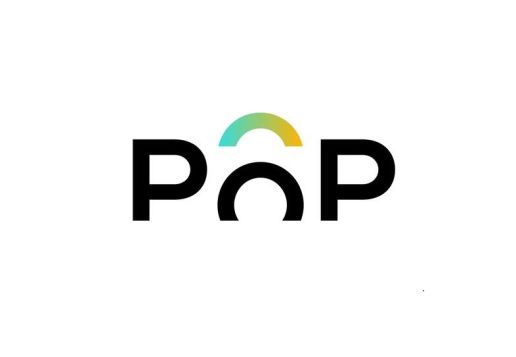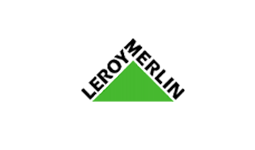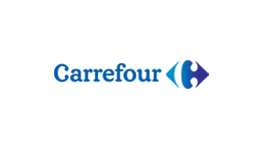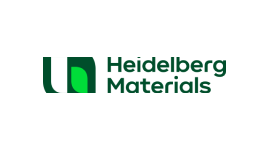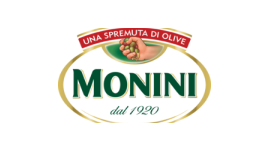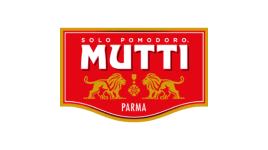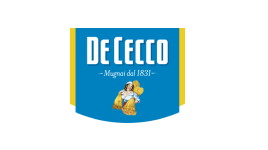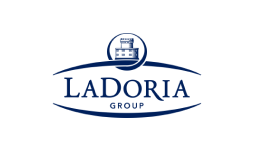Mandatory Electronic Invoicing in Croatia
Learn how to get your company ready to exchange documents in accordance with regulations in Croatia with the support of Comarch
Learn how to get your company ready to exchange documents in accordance with regulations in Croatia with the support of Comarch

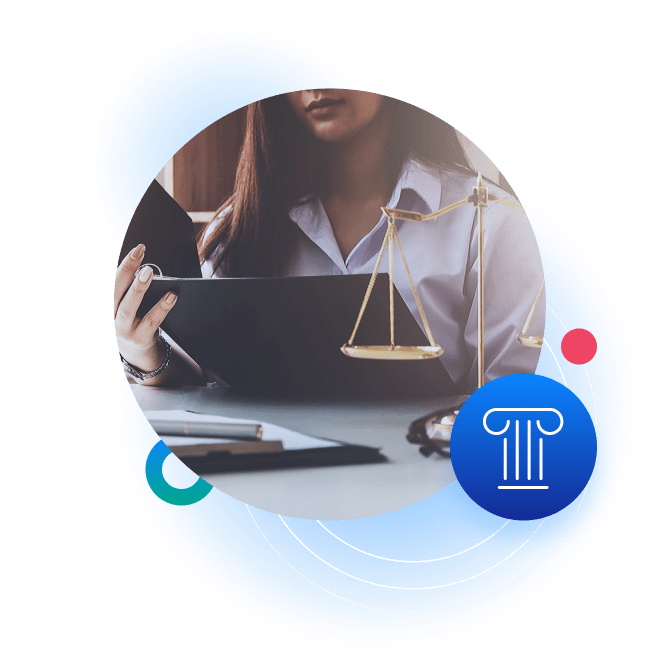
By the EU Directive 2014/55 and in relation to the law on electronic invoices in public procurement in Croatia, since 2018, public institutions have been obliged to be able to receive and process e-invoices. From July 1, 2019, this obligation was extended, and all suppliers offering goods or services to public entities are required to issue invoices in electronic form.
Invoices are exchanged via the central platform Servis eRačun za državu. The platform serves as a connection point for all participants and helps to provide standardized e-invoices. This platform is also integrated with the Financial Agency (FINA), which is Peppol's access point, thanks to which it is possible to send e-invoices to public administration via this network.
On January 23, 2025, the Croatian Ministry of Finance confirmed that the much-anticipated Fiscalization 2.0 tax reform package is nearing completion. During a conference in Zagreb, the Ministry revealed that the legislative package, which aims to modernize the country's tax system, is in its final stages of development. The new measures are expected to take effect in 2026.
Fiscalization 2.0 will include several significant changes, most notably the introduction of mandatory electronic invoicing. This move is part of a broader effort to streamline financial reporting and enhance the efficiency of the tax system. Additionally, the Ministry plans to roll out FiskAplikacija, a free application that will enable taxpayers to access and review fiscalized data, further supporting transparency and ease of use.
To meet the objectives of the Fiscalization 2.0 project, it is necessary to establish a unified legal framework for the exchange of e-invoices across all business segments. Accordingly, a single regulation under the Fiscalization Act has been proposed to enable comprehensive monitoring of taxpayers. This would replace the existing Fiscalization Act in Cash Transactions and establish a single tax and legal framework for:
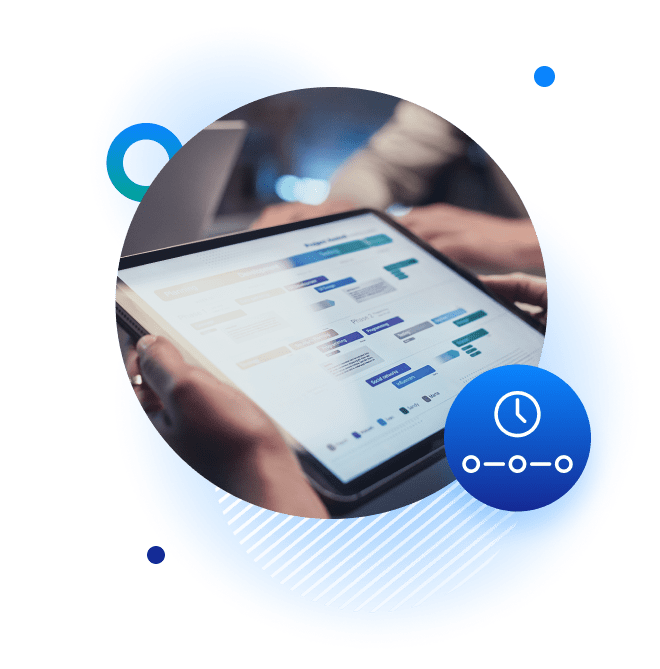
The Croatian Ministry of Finance applied for an EU VAT directive derogation decision back in September 2023. Such a decision is necessary since the current shape of the directive prohibits member states from implementing pre-clearance invoicing systems, such as the planned Croatian one.
Timeline for e-invoicing stays as below:

Invoices are exchanged via the central platform Servis eRačun za državu. The platform serves as a connection point for all participants and helps provide standardized e-invoices. It is also connected to Peppol, enabling the exchange of electronic invoices through that network. Both issuers and recipients of e-invoices must extract and report tax-related data to the Tax Administration for processing and verification.
The Fiscalization 2.0 tax reform introduces distinct but interconnected rules for Business-to-Consumer (B2C), Business-to-Business (B2B), and Business-to-Government (B2G) transactions.
Entities offering e-invoicing services must support AS4 communication. A central directory of endpoints will be established. Taxpayers can also act as their own Access Points.
The new reform mandates e-invoicing and its fiscalization for all domestic B2B and B2G transactions from January 1, 2026. When e-invoices are issued and received, a process of “e-invoice fiscalization” takes place, which is separate from the e-invoice exchange itself. This process involves extracting specific data from the e-invoice and submitting it to the Fiscalization System via web service. Recipients must report information about rejected e-invoices. This includes the e-invoice issue date, e-invoice number, OIBs of both the issuer and the recipient, the date of rejection, and the reason for rejection.
In B2C transactions, fiscalization is carried out only by the invoice issuer. When an invoice is issued, a fiscalization message containing specific data elements is sent to the Tax Administration. The Tax Administration returns a confirmation in the form of a Unique Invoice Identifier (JIR) and a Security Code of the Issuer (ZKI). These codes, along with other mandatory data, are then printed on the invoice. A QR code is also required as part of the invoice content. It contains information about the JIR, allowing consumers to verify whether their invoice has been reported to the Tax Administration.
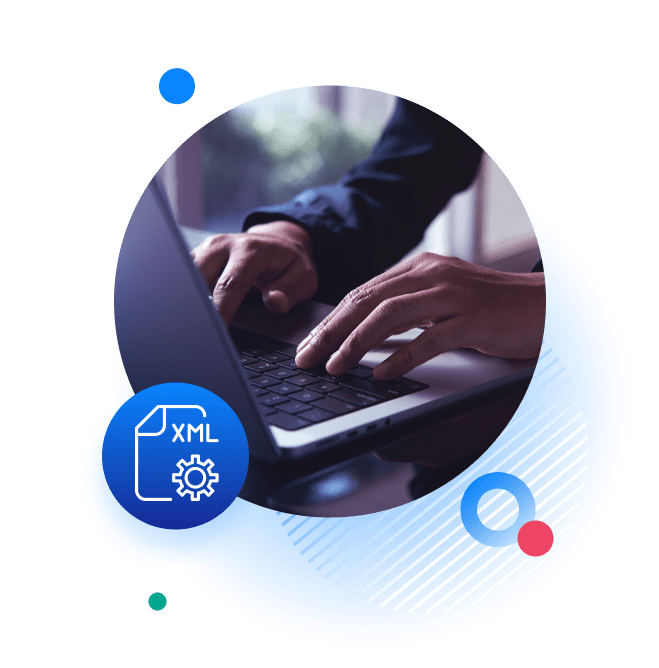
Every e-invoice must comply with the EU standard (presumably EN 16931).

Required storage period is 11 years after end of financial year.

To ensure integrity and authenticity any method is allowed, for instance: Qualified Electronic Signature as a one of example.

We have 20+ years of experience in carrying out various EDI, e-invoicing, and other document exchange projects around the world. In those years, we have successfully connected more than 130,000 entities from over 60 countries.
Full compliance with the latest data exchange regulations and modern data transfer standards
Applying new technologies and IT solutions in order to streamline workflows and automate activities and procedures
Tailor-made solutions based on processes specific to each company – own road map and a suitable pace of changes
Highest level of security for all sensitive and important company data
If your company is based or has branches in the Croatia and you need to prepare your billing and tax systems to comply with the new requirements. Click on the button below to get in touch with one of our experts.
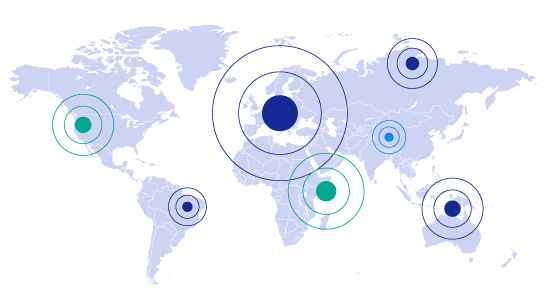
Make sure your business meets international standards with the Comarch e-Invoicing platform, trusted in more than 60 countries. Enjoy hassle-free integration and continuous compliance updates.
